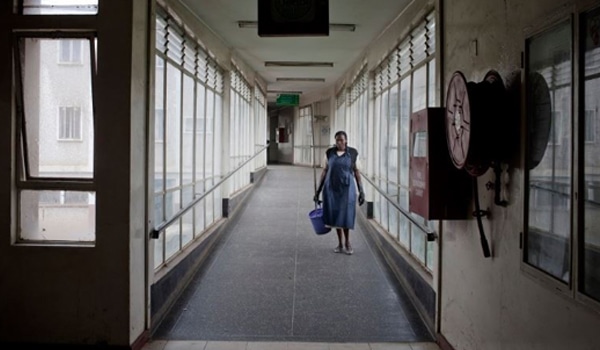
by Ginger Golub, May Sudhinaraset, Katie Giessler, Kendall Dunlop-Korsness, Allison Stone
International Perspectives on Sexual and Reproductive Health February 2020
CONTEXT: A growing body of evidenceindicates that non-clinical health care facility staff provide support beyondtheir traditional roles, particularly in low- and middle-income countries. Itis important to examine the role of health facility cleaners in Kenya – fromtheir perspective – to better understand their actual and perceivedresponsibilities in maternity care.
METHODS: In-depth, face-to-faceinterviews using a semi-structured guide were conducted with 14 cleanersworking at three public health facilities in Nairobi and Kiambu Counties,Kenya, in August and September 2016. Results were coded and categorized using athematic content analysis approach.
RESULTS: Cleaners reported performinga range of services beyond typical maintenance responsibilities, includingproviding emotional, informational and instrumental support to maternitypatients. They described feeling disrespected when patients were untidy orexperienced bleeding; however, such examples revealed cleaners’ need to betterunderstand labor and childbirth processes. Cleaners also indicated a desire fortraining on interpersonal skills to improve their interactions with patients.
CONCLUSIONS: Cleaners’ direct involvementin maternity patients’ care is an alarming symptom of overburdened healthfacilities, insufficient staffing and inadequate training. This key yetoverlooked cadre of health care staff deserves appropriate support and furtherresearch to understand and alleviate health system shortcomings, and to improvethe quality of maternity health care provision.
Editor’s Note: Researchin the past has similarly found that receptionists and other non-clinical staffmake an important difference in the experience of attending an abortion clinic.This paper is a reminder that this remains an important area for staff training.
PHOTO: by Marcodi Lauro, PumwaniMaternity Hospital, Nairobi, 5 May 2010



